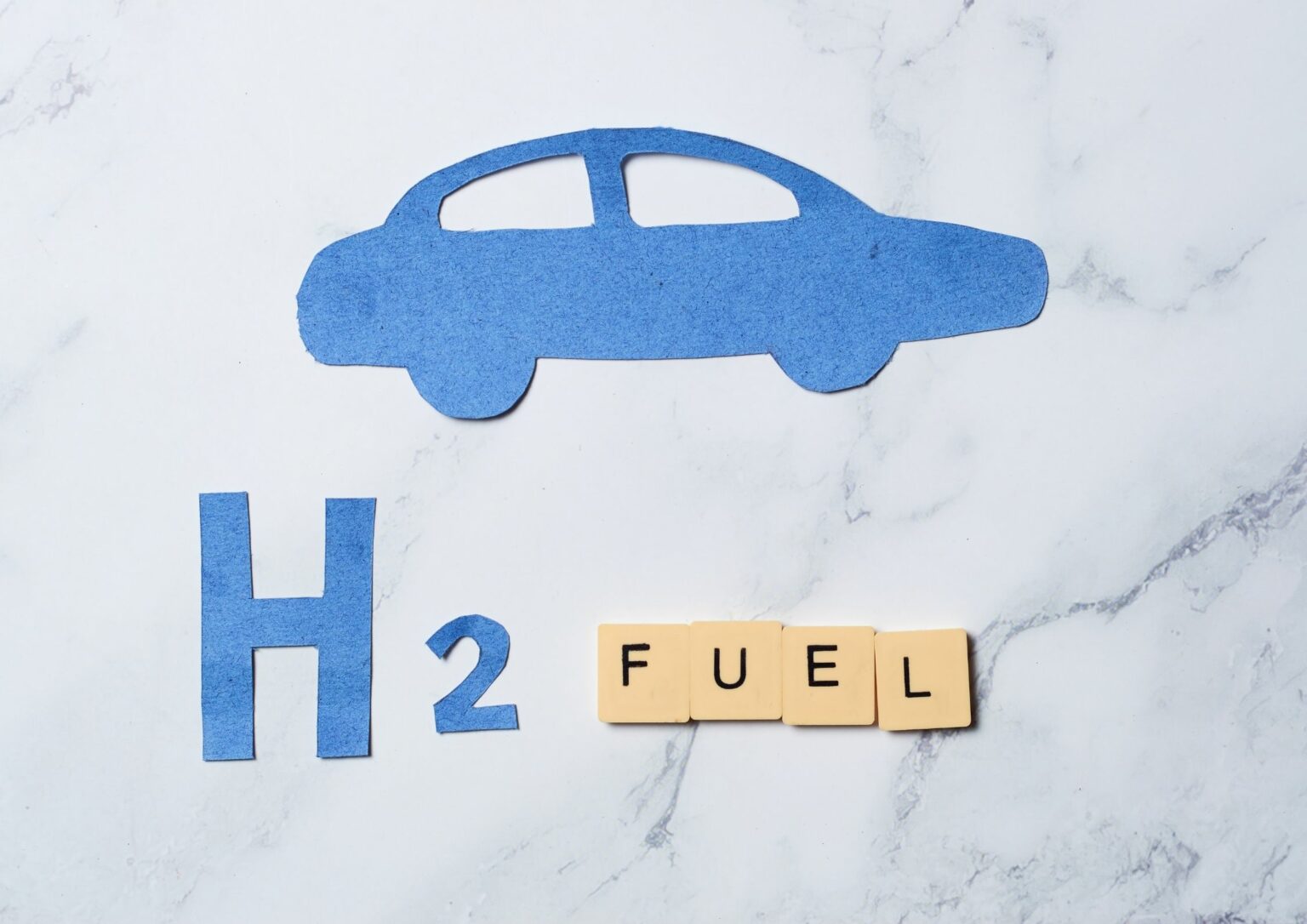Bosch Engineering and Ligier Automotive have made headlines with their Ligier JS2 RH2 hydrogen-powered demonstrator vehicle, pushing the boundaries of hydrogen technology in motorsport. Through rigorous testing and development, the vehicle has achieved impressive performance metrics.
The Ligier JS2 RH2 is powered by a 3.0-litre biturbo hydrogen engine, producing 443 kW and 650 Nm of torque. Extensive testing has shown the vehicle’s capability to maintain robustness and performance under extreme conditions, withstanding temperatures from 0° to +35°C and achieving a top speed of over 280 km/h. This performance positions the JS2 RH2 as a formidable competitor in the realm of high-performance hydrogen vehicles.
During high-speed tests, the vehicle demonstrated potential for speeds close to 300 km/h, completing over 5,000 test kilometers on the racetrack. This distance approximates the race distance covered by winning teams at the 24 Hours of Le Mans, highlighting the vehicle’s endurance capabilities. Such testing underscores the hydrogen concept’s viability for long-distance racing and sets a solid foundation for future high-performance applications.
One of the key innovations in the JS2 RH2 is the integration of high-pressure hydrogen storage tanks, designed to withstand pressures up to 700 bar. Bosch and Ligier are also exploring liquid hydrogen storage due to its higher storage density, which could offer long-term advantages for mobile applications. This forward-thinking approach could redefine hydrogen storage solutions in the automotive sector.
Bosch Engineering spearheaded the overall vehicle design, focusing on engine development and a multi-stage hydrogen safety system. Ligier Automotive contributed to vehicle dynamics, chassis adaptation, and cooling system optimization. This collaboration has yielded a comprehensive hydrogen-powered vehicle that integrates both performance and safety.
The experience gained from the JS2 RH2 project will influence future customer projects for both Bosch and Ligier. The development of high-pressure and potential liquid hydrogen storage systems demonstrates a commitment to advancing hydrogen technology. As the industry progresses, these innovations could pave the way for hydrogen’s broader adoption in both racing and consumer markets.
Looking ahead, the focus on hydrogen combustion engines could also have implications for regulatory frameworks in motorsport. As hydrogen-powered vehicles gain traction, we might see changes in race regulations to accommodate these eco-friendly alternatives. This shift could drive further investments and technological breakthroughs in hydrogen energy.





